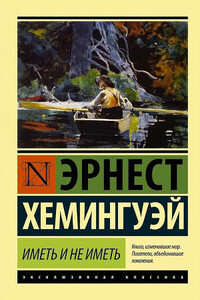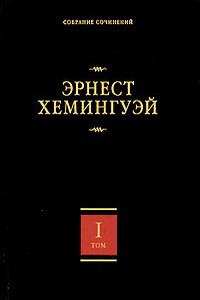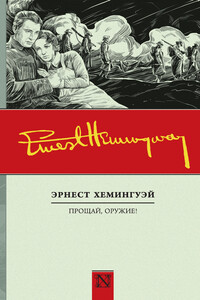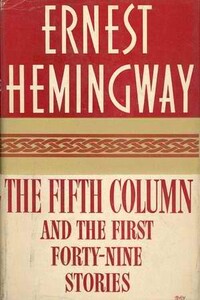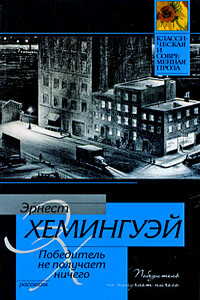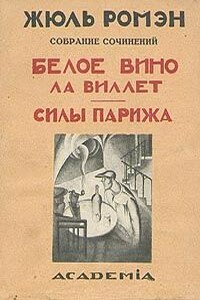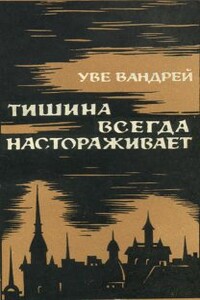|
| But you had no time to care for wounded, since you knew that the attack was coming immediately, and then you killed the men who came wading across the marshes, holding their rifles above the water and coming as slow as men wade, waist deep. | Позаботиться о раненых было некогда: начиналась атака - и тогда убивали австрияков, которые наступали по болоту, подняв над водой винтовки и бредя еле-еле, как только и можно брести по пояс в воде. |
| If they did not lift the shelling when it started, the Colonel, then a lieutenant, often thought, I do not know what we would be able to do. But they always lifted it and moved it back ahead of the attack. They went by the book. | "Не знаю, что бы мы делали, если бы они не прекращали обстрела перед атакой, - часто думал полковник, бывший в то время лейтенантом. - Но перед самой атакой они всегда прекращали огонь и переносили его вглубь. |
| If we had lost the old Piave and were on the Sile they would move it back to the second and third lines; although such lines were quite untenable, and they should have brought all their guns up very close and whammed it in all the time they attacked and until they breached us. | Если бы мы потеряли старое русло Пьяве и отошли к Силе, противник перенес бы огонь на вторую и третью линии обороны, хотя и ту и другую все равно невозможно было удержать, и австрийцам следовало бы подтянуть всю артиллерию поближе и бить, не переставая, во время самой атаки, пока не прорвутся. |
| But thank God, some high fool always controls it, the Colonel thought, and they did it piecemeal. | Но, слава богу, - думал полковник, - командует всегда какой-нибудь высокопоставленный оболтус, вот они и действовали непродуманно". |
| All that winter, with a bad sore throat, he had killed men who came, wearing the stick bombs hooked up on a harness under their shoulders with the heavy, calf hide packs and the bucket helmets. | Всю зиму он болел тяжелой ангиной и убивал людей, которые шли на него с гранатами, пристегнутыми к ремням портупеи, тяжелыми ранцами из телячьей кожи, в касках, похожих на котелок. |
| They were the enemy. | Это был враг. |
| But he never hated them; nor could have any feeling about them. | Но он никогда не питал к ним вражды, да и вообще каких бы то ни было чувств. |
| He commanded with an old sock around his throat, which had been dipped in turpentine, and they broke down the attacks with rifle fire and with the machine guns which still existed, or were usable, after the bombardment. |

